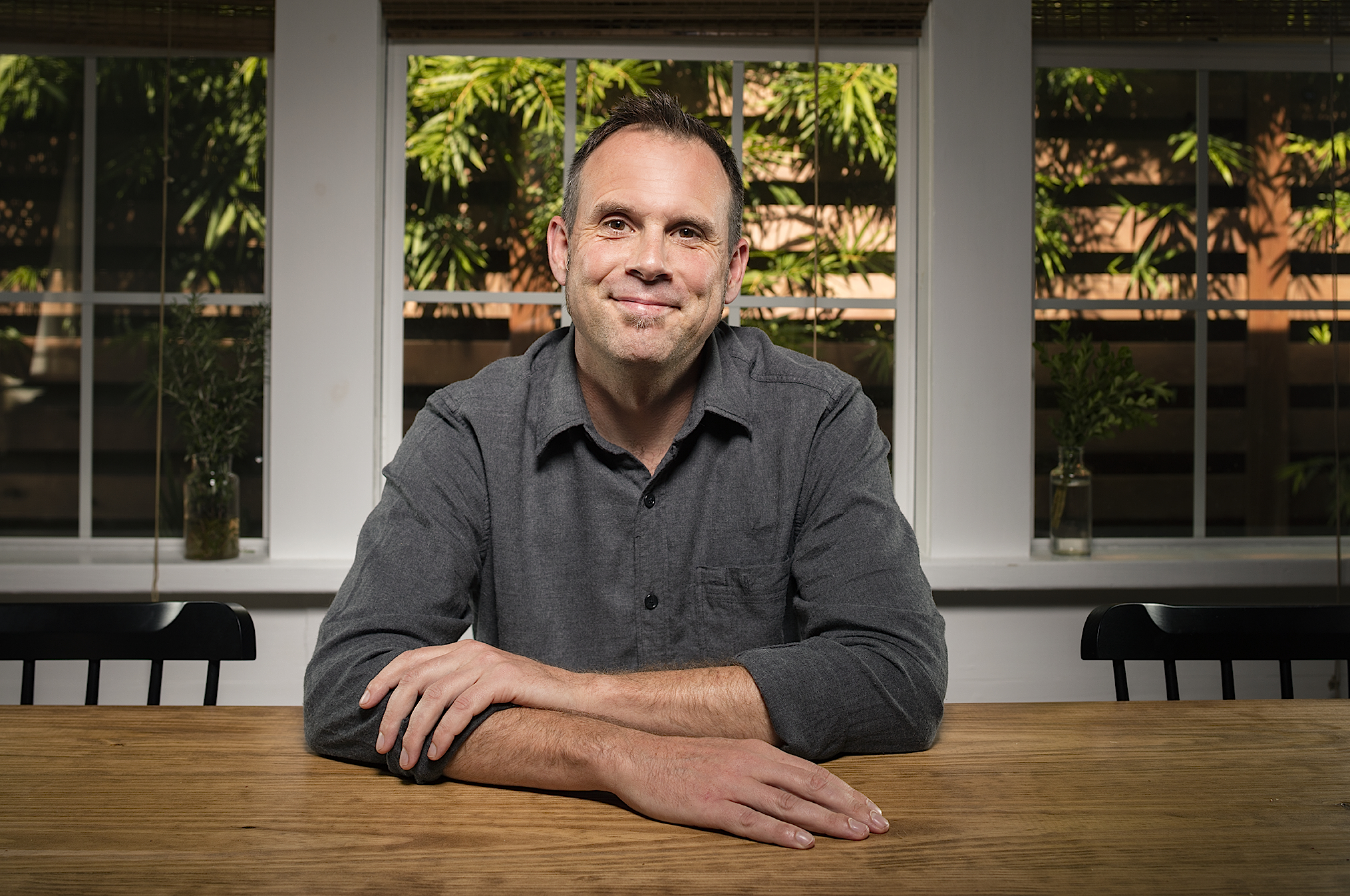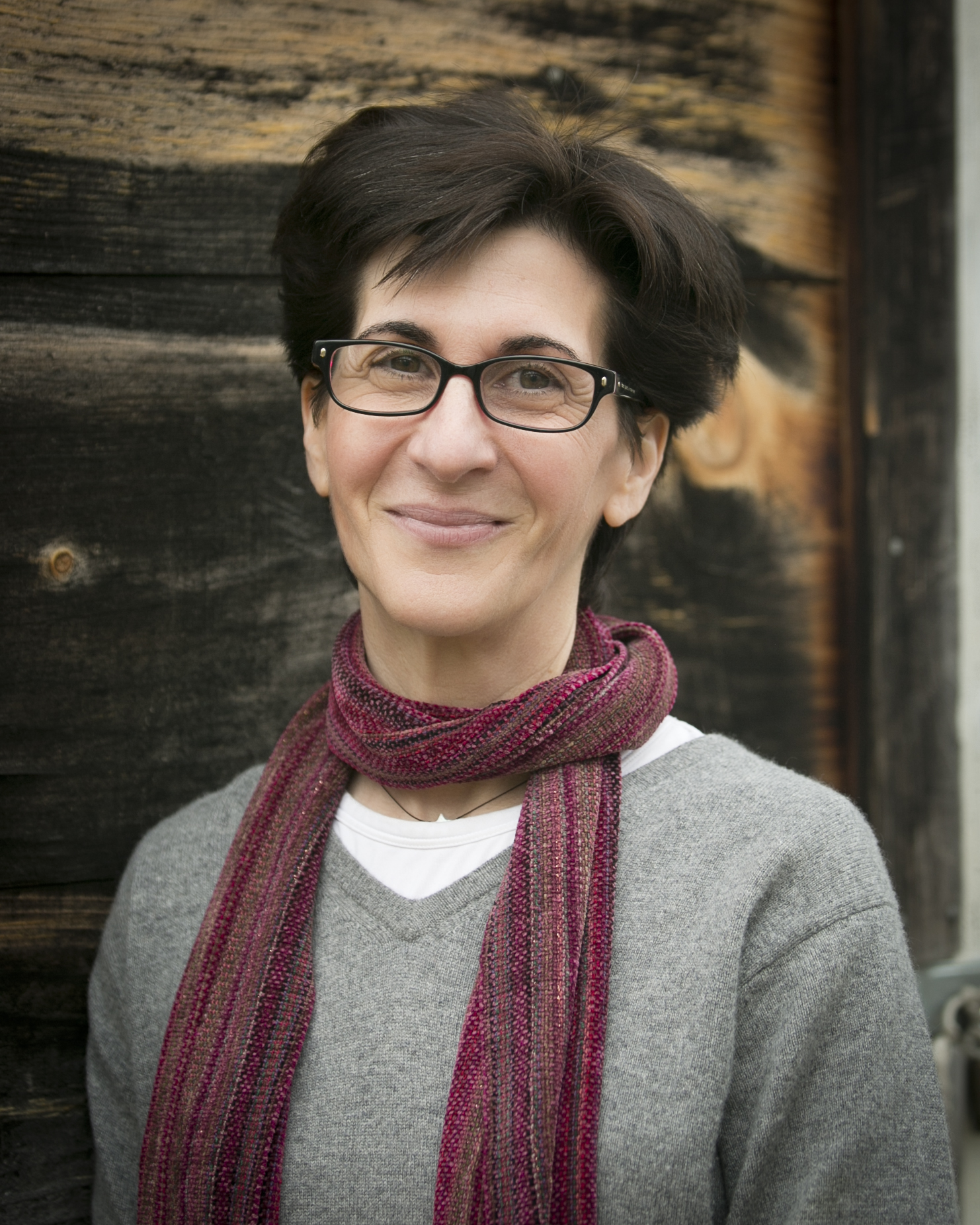FIFTY Study Page: West Virginia “Follow Your Own Noon”
FIFTY: West Virginia — “Follow Your Own Noon“
Each story in the FIFTY collection focuses on a remarkable American from a different state. Below are some recommended topics to inspire further investigation of the history and geography of the state, as well as themes that can support our children’s growth and development.
John Nash and his sister Martha were very different. Where Martha was sociable, funny, and engaging, John was solitary, curious, and awkward. The people of Bluefield, West Virginia wondered if there was something wrong with John, but his mother paid no attention. She knew that he actually had extraordinary gifts yet to be manifest — and she was right. All the awkward interactions John had experienced in his youth would translate one day into an elegant mathematical theory that would win him a Nobel Prize.
Note: Though this is historical fiction and the characters have been developed to accommodate a story, their attributes and development may be useful as reference points and inspirations.
Topics for Investigation
West Virginia History History of Coal and Electric Power in the Appalachian part of the country Biography of John Forbes Nash
West Virginia Geography Map of West Virginia pinpointing the location of John Nash’s home town
“Follow Your Own Noon” Study Topics Overview of Game Theory
Topics for Reflection
From a Child Development Perspective:
In this story, your child might learn that:
Being curious about differences has benefits. Looking at differences with a curiosity to learn more (rather than forming a fixed judgment that something is “wrong” with someone else) is a more open and compassionate way to approach another person. When Virginia Nash noticed the differences between her daughter Martha and her son Johnny, she did not jump to an immediate conclusion or even form an opinion. She just observed the difference and grew in her desire to understand more about her children.
Each adults brings their own special gift of love and support. Parents, guardians, grandparents, aunts and uncles, family friends, and teachers — each adult offers the children in their lives part of the tapestry of love and support that we weave together to protect and guide them. Sometimes these adults can be very different, but they may each bring something that the child needs. Virginia Nash was truly interested in children and how they developed whereas John Nash, Sr. encouraged his children by making sure that they had the resources they needed.
Sometimes all that we need when we feel alone and misunderstood is one person who sees the truth in us. When Johnny’s community found him to be different and odd and struggled to accept him, his mother (and teacher) recognized that what made him different also made him remarkable. She saw his unique intelligence and understood that the challenge was not to change Johnny so that he fit in, but rather to change his schooling so that it was the right fit for him.
Children want to be good — and sometimes they need extra help from the adults in their lives. At certain times, children may look to adults to receive just what they need, even if they don’t know what that is. Johnny behaved poorly in school because his learning needs were not being addressed and he wanted to be successful. He just wasn’t being taught in a way that inspired him and helped him to be his best. He was lucky to have a teacher who knew that — and parents who listened.
Siblings can help each other to thrive. Siblings can be very different from one another. Sometimes these differences or challenges show up as what can be called “sibling rivalry,” but sometimes those differences are the thing that helps each person to be his or her best. Johnny’s sister tried to show him how to be more social. She encouraged him to join her on outings with her friends. This was not always easy for Martha, and sometimes she was even embarrassed, but her love and devotion to Johnny remained true.
The journey toward valuing yourself is worthwhile. It is so important to have people in our lives who celebrate who we are, but perhaps even more important is that we celebrate who we are. Johnny knew he was unusual, and even though his mother was very accepting of him, he needed to come to his own understanding of his value. We give our children love and support by telling them how much faith we have in their abilities — and we should do so. In the end, however, true self esteem is won when we feel accomplished in ourselves. Sometimes that can mean having to go through hard times and building muscle to get to the other side of the challenges. There is a fine balance between needing support and needing to do things for ourselves.
To follow your own noon takes strength, but it comes with great rewards. Once we find that sense of self-worth, once we recognize that it is the things that are different in us that make us truly unique and special, then we can add our highest contribution to the world. And this is exactly what happened for John Forbes Nash, Jr.
Not yet a subscriber? Try a free trial HERE.
About the authors
-

David Sewell McCann
Story SpinnerDavid Sewell McCann fell in love with spinning stories in first grade – the day a storyteller came to his class and captured his mind and imagination. He has been engaged in storytelling all of his adult life through painting, film-making, teaching and performing. Out of his experience as a Waldorf elementary class teacher and parent, he has developed a four step method of intuitive storytelling, which he now shares through workshops and through this website.
-

Meredith Markow
Sparkle Schoolhouse Head of SchoolMeredith has been working with adults and children of all ages for the past 25 years as a Waldorf Teacher and Educational Consultant. She received a B.A. with a focus on child development and child psychology from the University of Michigan, in 1984, an M.A. Ed from Washington University in 1987, and her Waldorf Teaching Certificate from the Lehrerausbildung (Teacher Training) in Nurnberg, Germany in 1989. She was certified as a Living Inquiries Facilitator in 2014, and she completed her formal teaching certification with The Enneagram Institute in 2014. Her work in the classroom and with individuals and groups is designed to help people of all ages to drop self-limiting beliefs to live a more joyful and compassionate life.




